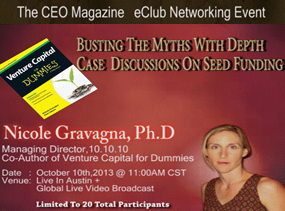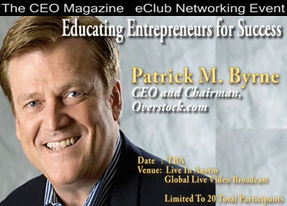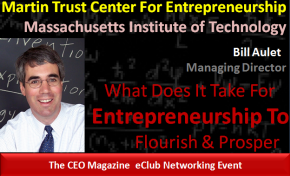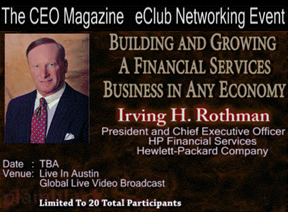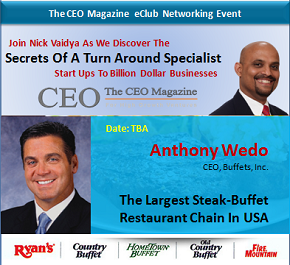You are here
Follow The Blog
Blog Categories
- Business Ops. (45)
- Editors (3)
- Entrepreneurship (196)
- Finance (25)
- Leadership (529)
Blog Authors
- Guest Blogger (835)
- Cynthia Kay (92)
- Linda Henman (78)
- Dianna Booher (46)
- Craig Ross (31)

Nick Vaidya The Host Of The CEO Show at The CEO Magazine
A serial entrepreneur, whose previous roles include managing a multi-billion dollar product line profitability for Dell and an Executive with Razorfish. Nick's work is influenced by his doctoral research in empiricism, a wide variety of business roles, and the study of the ancient wisdom of the Vedanta.
The CEO Magazine
- 8001 Weldon Springs, Ste. 100
Austin, TX 78726-4539 -
T: +1 (512)-910-4020
F: +1 (512)-910-4010 - info@the-ceo-magazine.com
Over 8000 Facebook Fans - Over 2000 LinkedIn Group - Over 8000 Subscribers - Over 100,000 Video Views



Copyright The CEO Magazine









